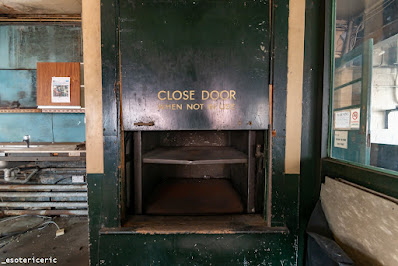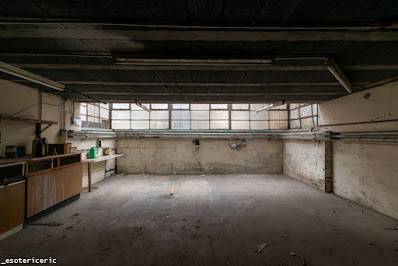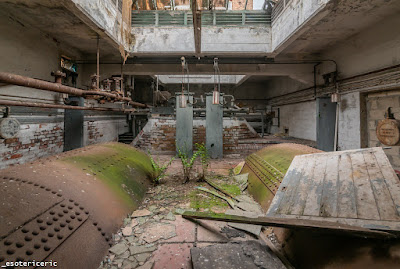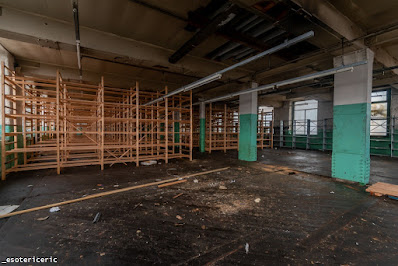History
White Rose Silverware was founded in 1961 when the company took over part of the former Gee & Holme’s factory in Eyre Lane/Arundel Street, renaming the building White Rose Works. The former occupier, James Gee, of St.Helens, had previously acquired the nearby Thomas Raynes, a scissors manufacturer, and partnering-up with Thomas Raynes, then moved into a new factory at No. 61 Eyre Lane in early 1947, producing cutlery, spoons and forks, and cased goods before going into receivership in 1994.
Meanwhile WRS, named after the White Rose of Yorkshire, prospered as a wholesale company that bought and sold silverware products made in Sheffield, selling them on to many of Britain’s best-known stores. Off the back of this, it became a successful small Company. In the early 1980’s the owner, Chris Hudson, returned from Canada to help sell the business.
This never happened, however, and in 1989 with the purchase of the assets of silver manufacturer Walter Trickett & Co Ltd, WRS changed from being a wholesaler into becoming a fully-fledged manufacturer. This reorganisation also included the purchase of another Sheffield silver manufacturer, William Yates, one of Sheffield’s oldest Cutlery manufacturers founded in 1750.
The resulting Chimo Holdings took its name from an Innuit word of greeting meaning, “friendship, brotherhood and trust”, which appealed to Chris from his time living in Canada. The aim of the new company was to re-establish the manufacturing of superior quality products, using traditional Sheffield skills. Based on its three brands, William Yates, White Rose Silverware, and Tricketts, it quickly established an international profile many times bigger than its 15-strong workforce.
Chimo Corporate is now one of the UK’s leading manufacturers of corporate gifts and in 2019, just before lockdown, needing to expand, it purchased a new factory on Sheffield’s Carlisle St. As a consequence, in March 2020, it closed its Eyre Lane site, stripped the factory out and then selling the site for £650,000. The former factory now sits empty and awaiting development, as new student flats spring up around it in this former industrial quarter of Sheffield City Centre.
Source:
https://www.28dayslater.co.uk/threads/white-rose-works-sheffield-south-yorkshire-april-2021.130269/
One from May 2021, recently released for public consumption.

























































